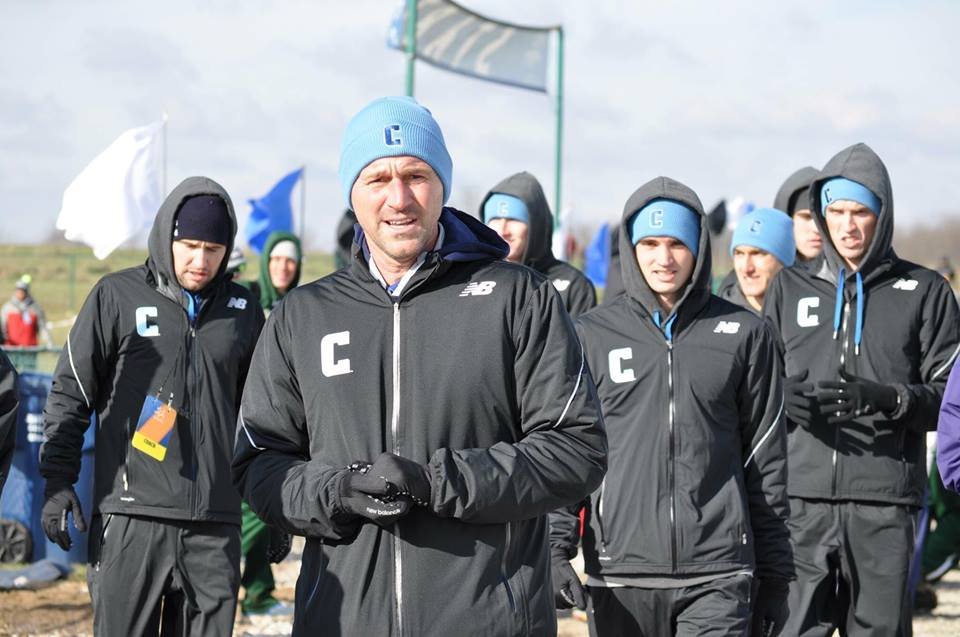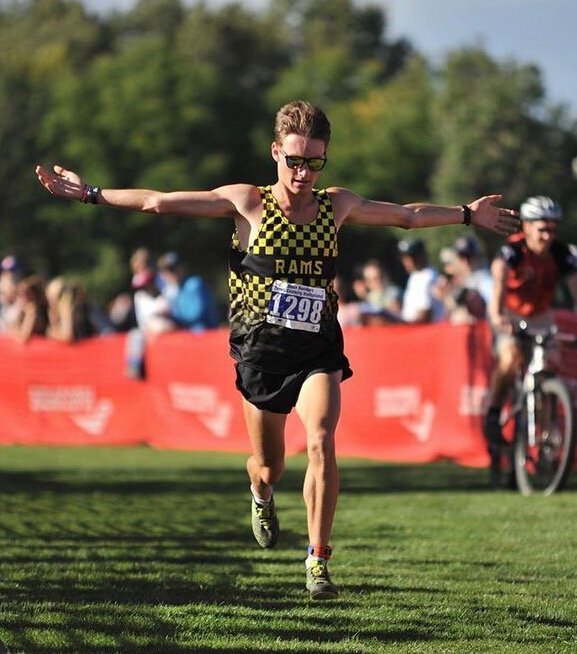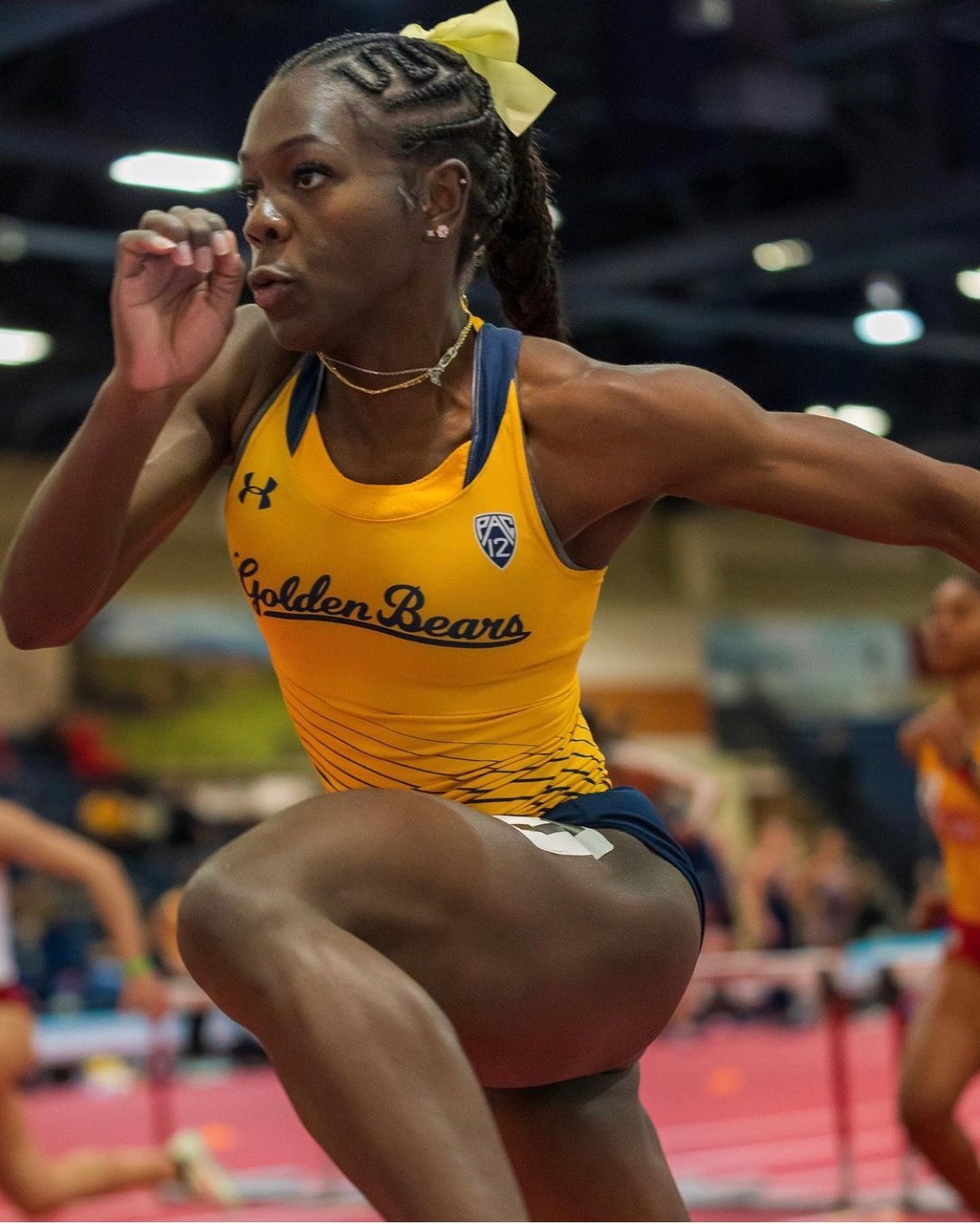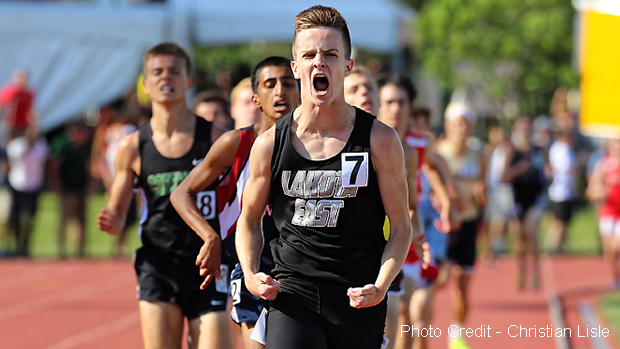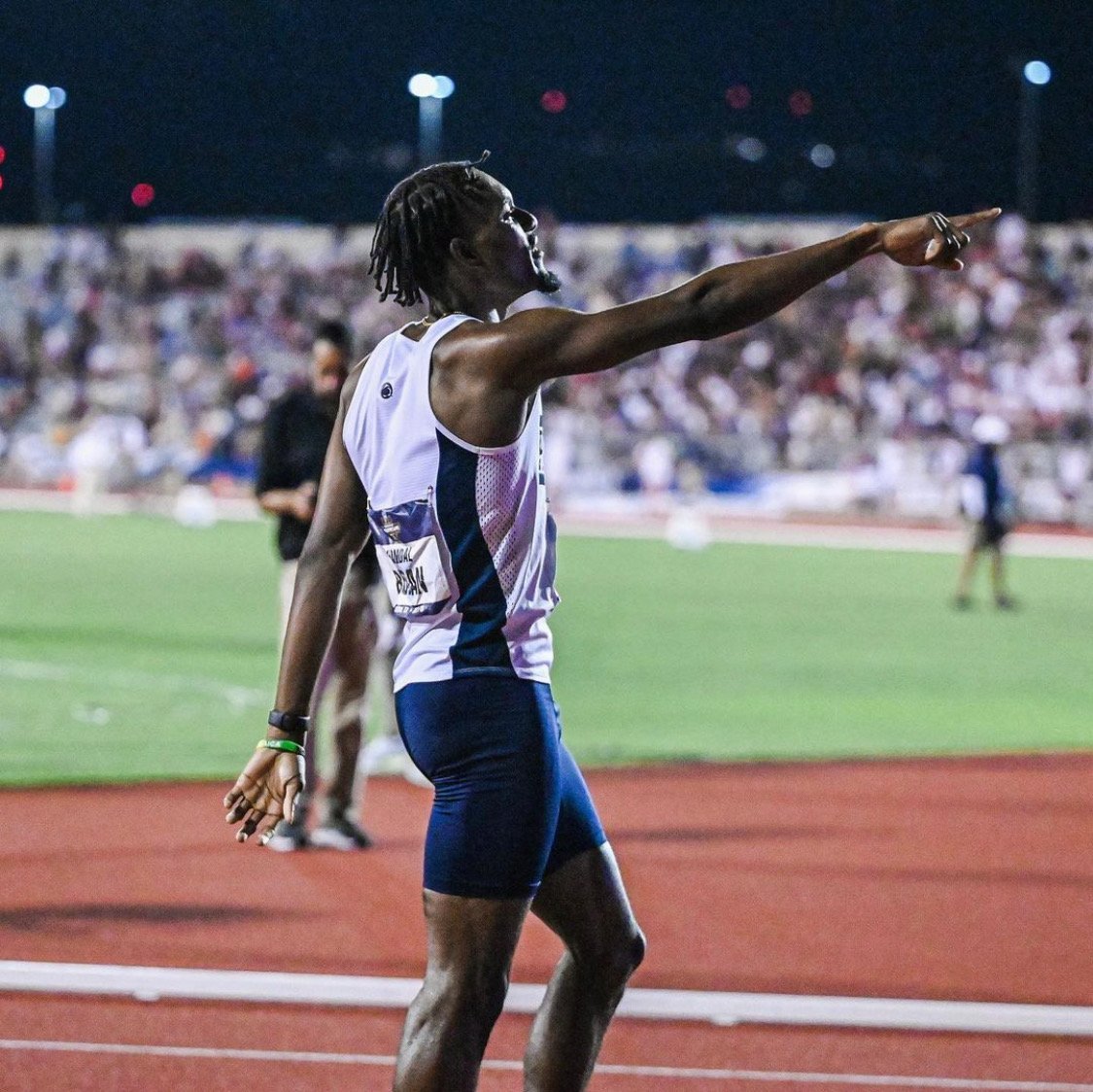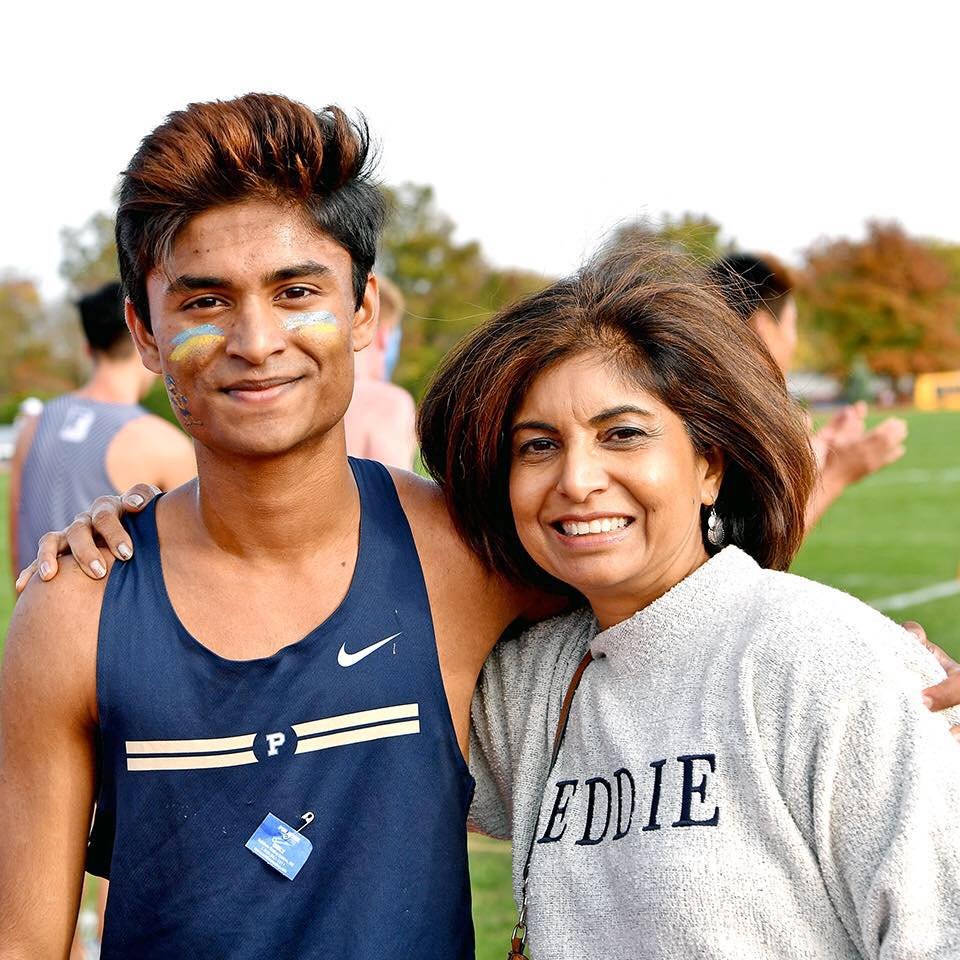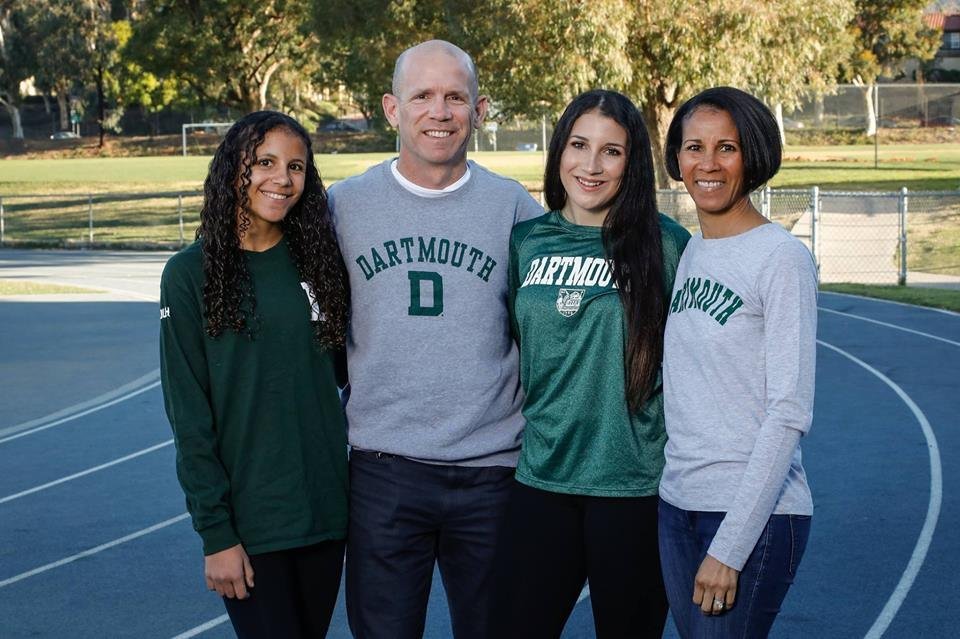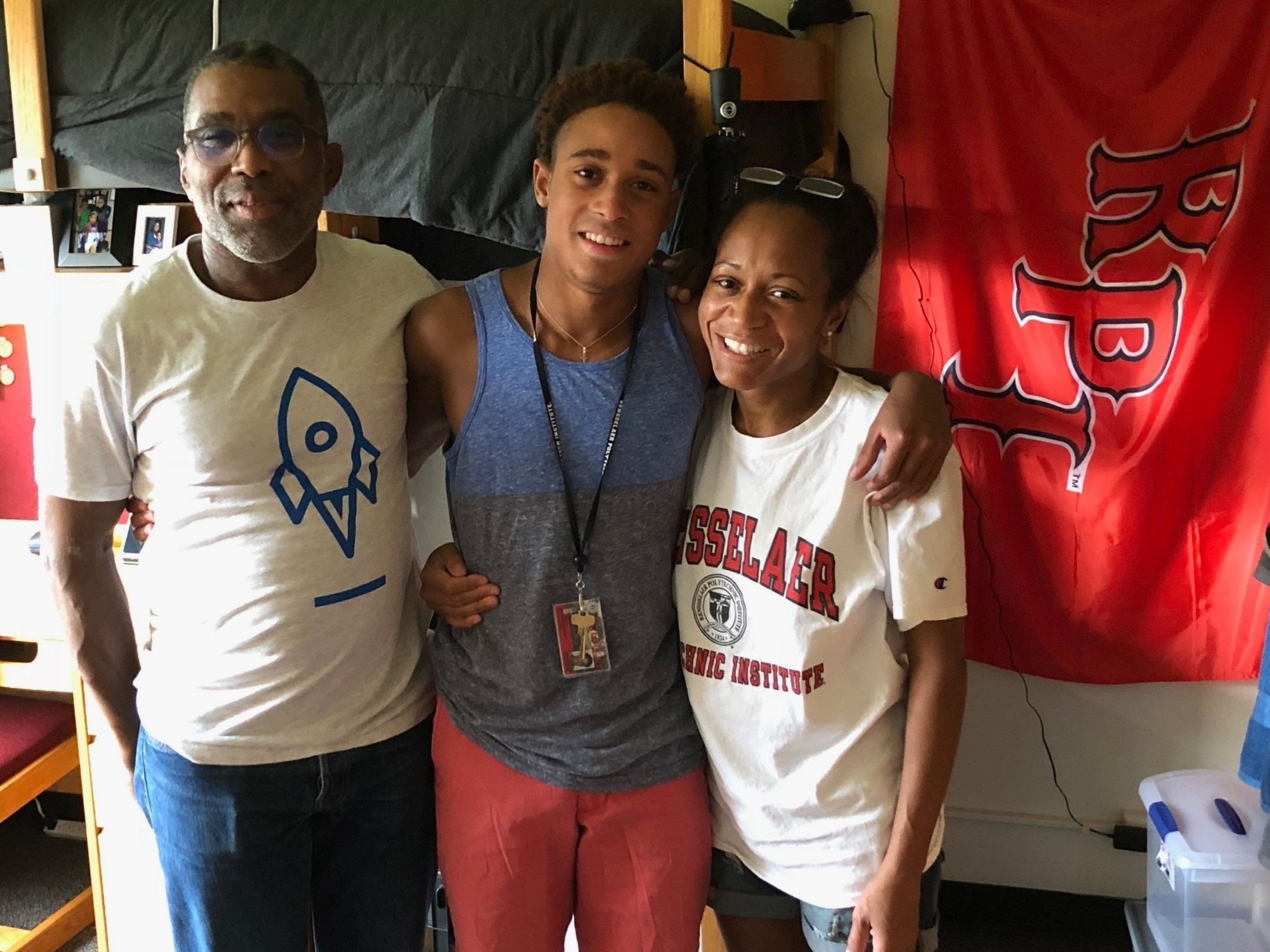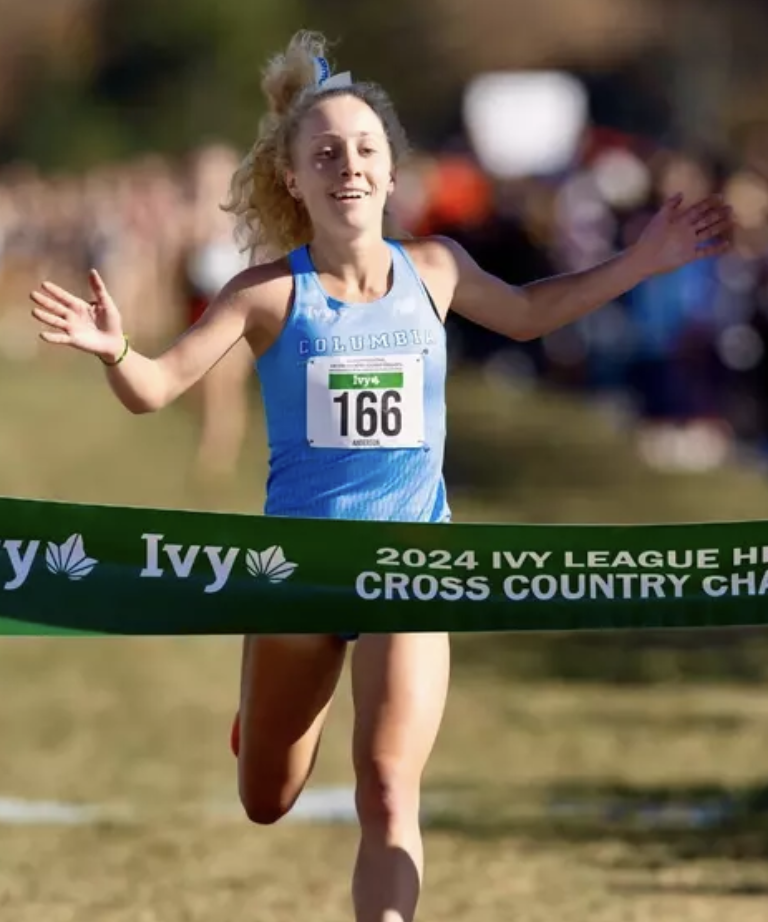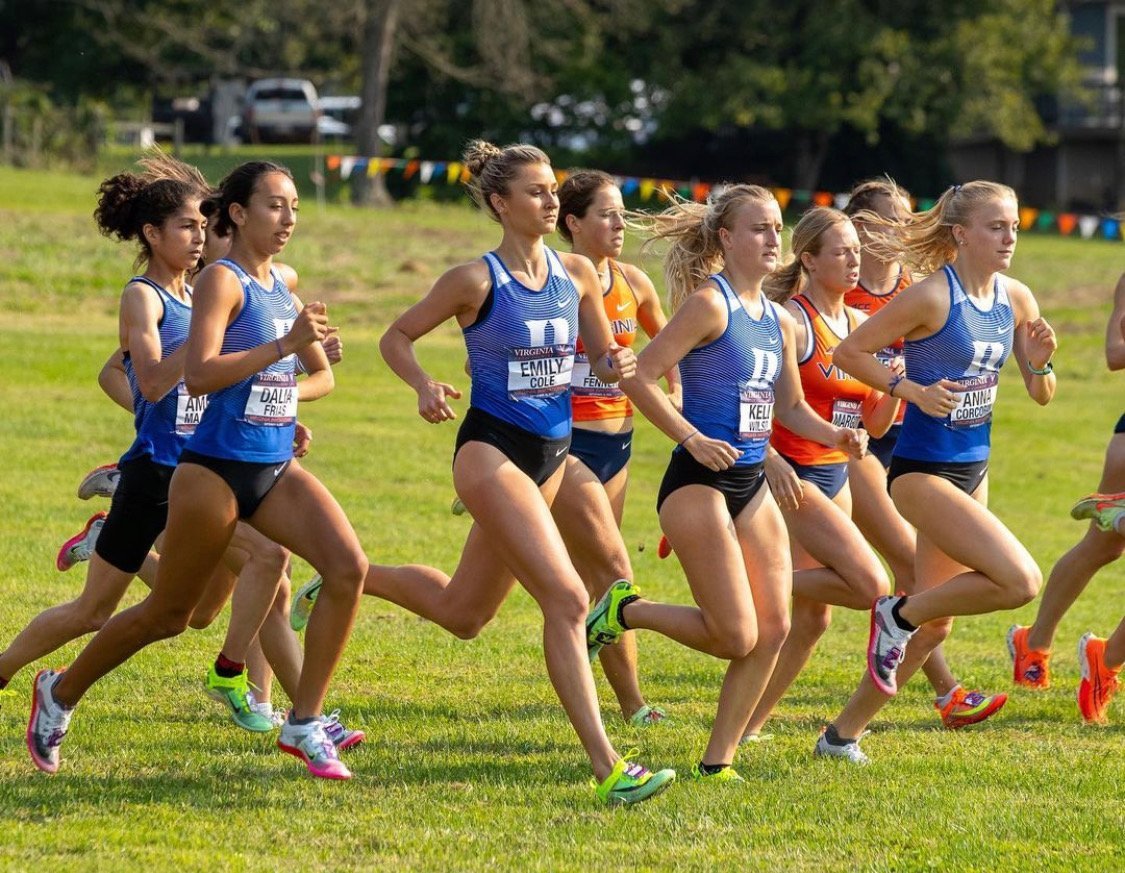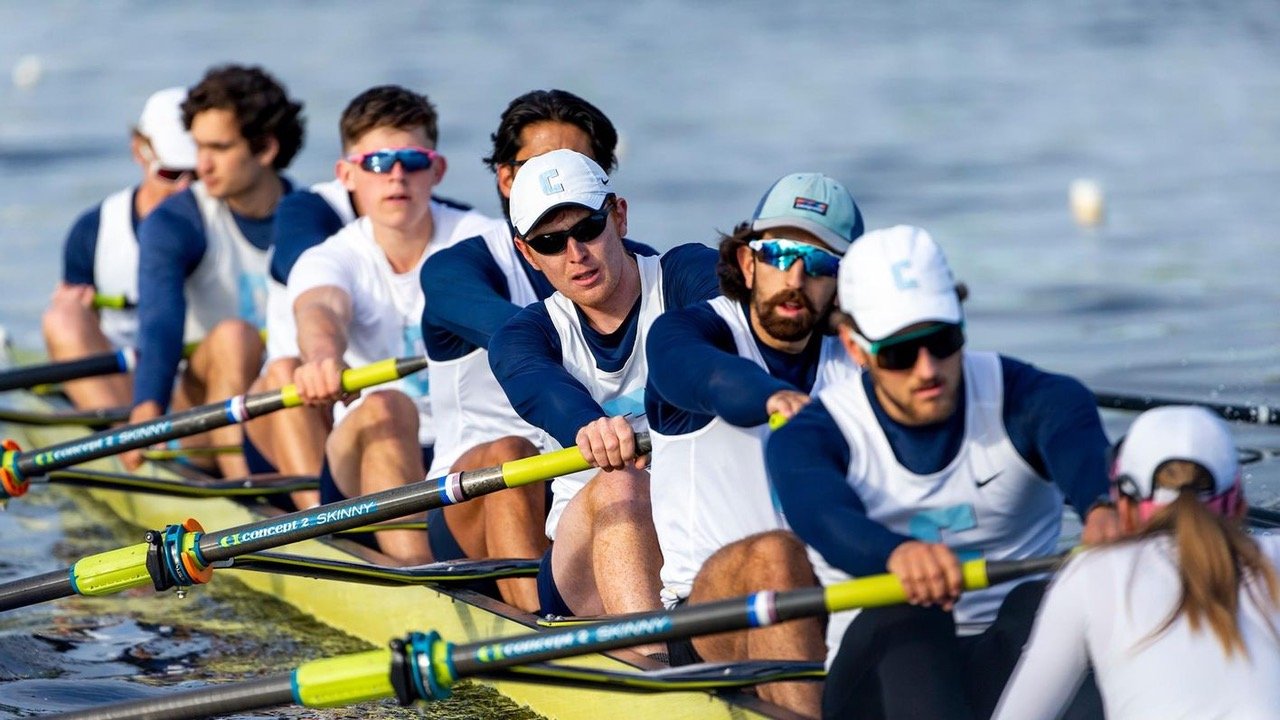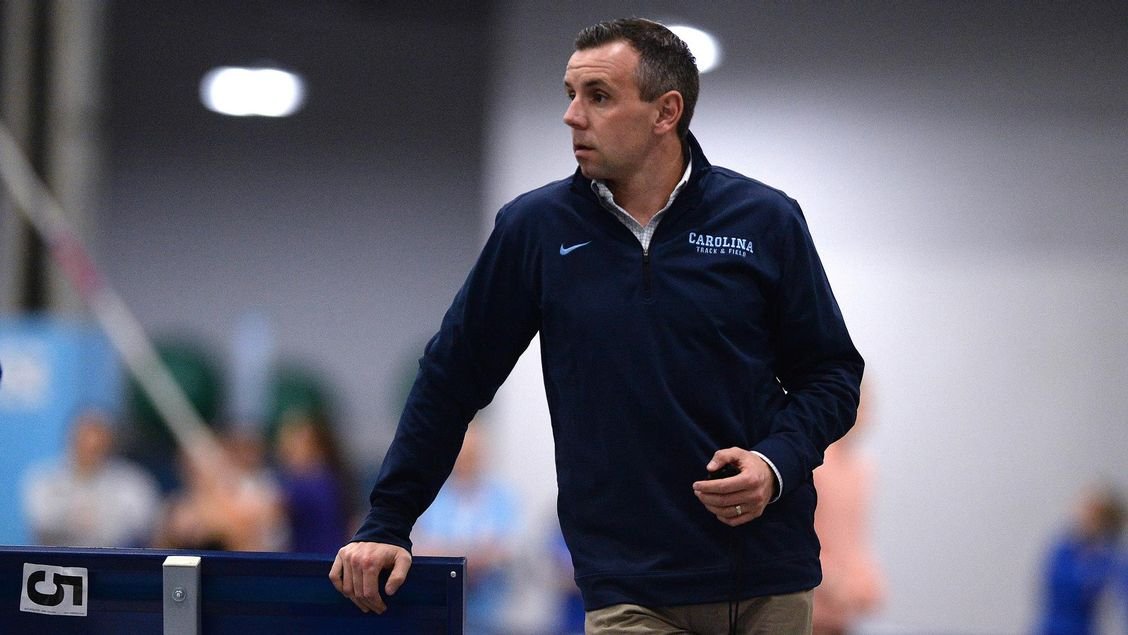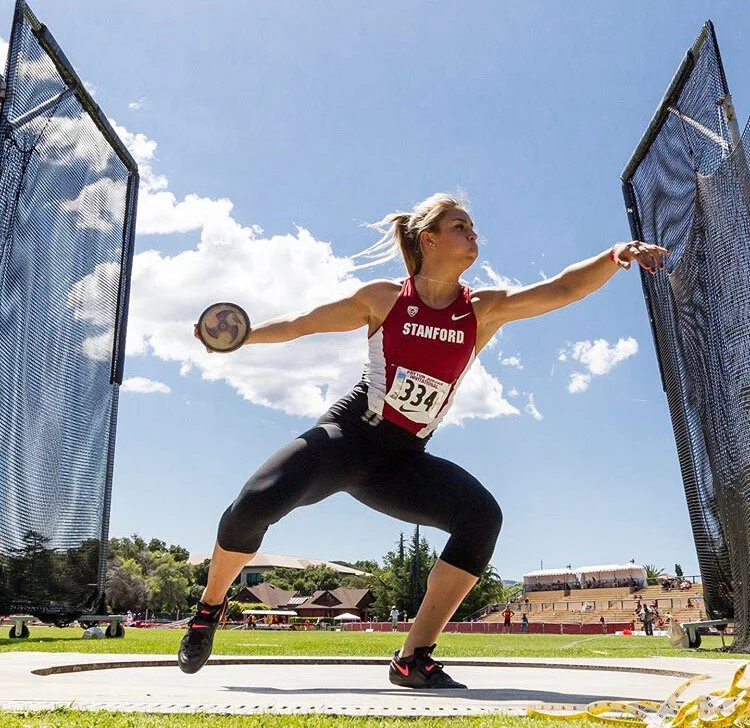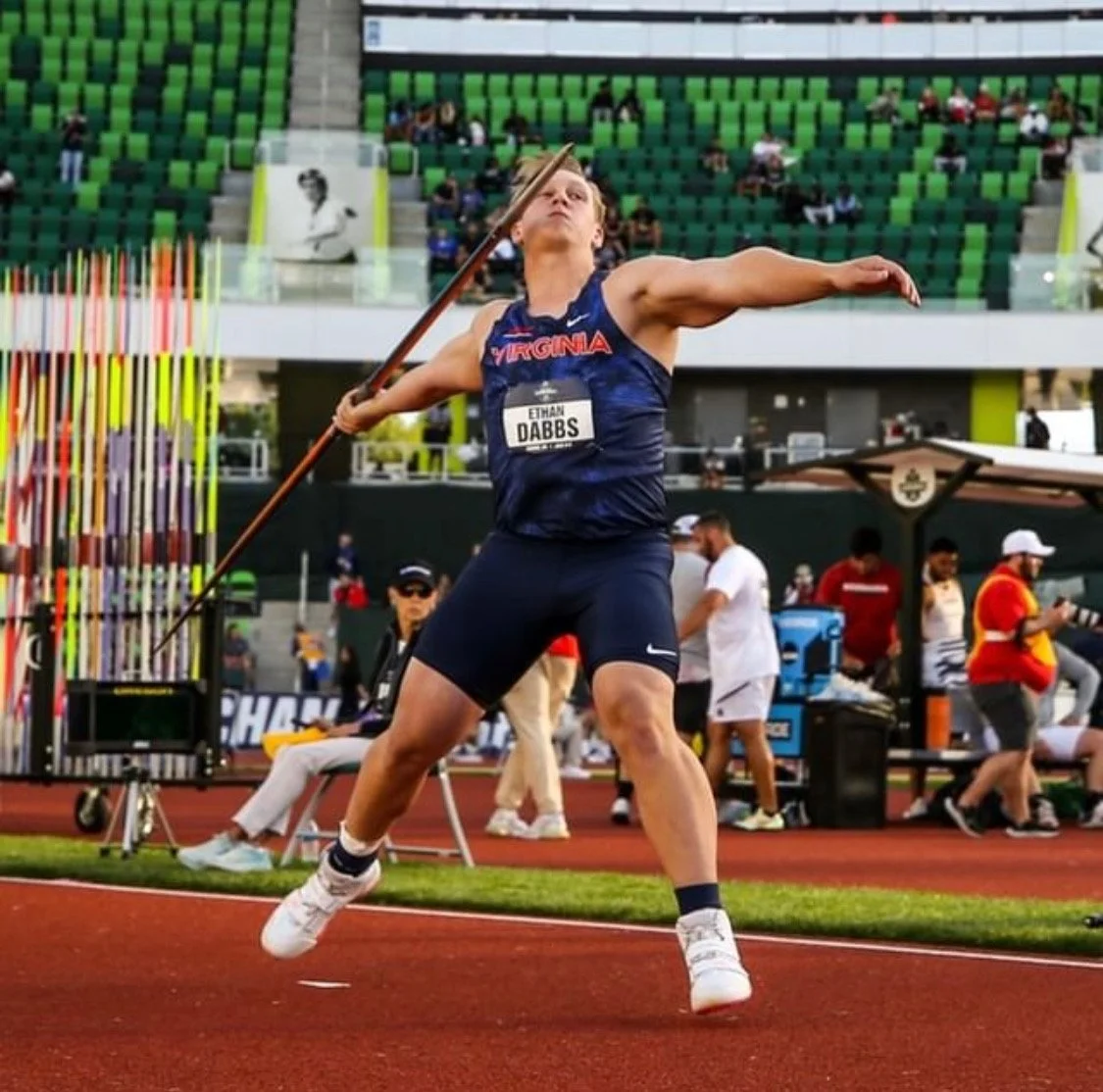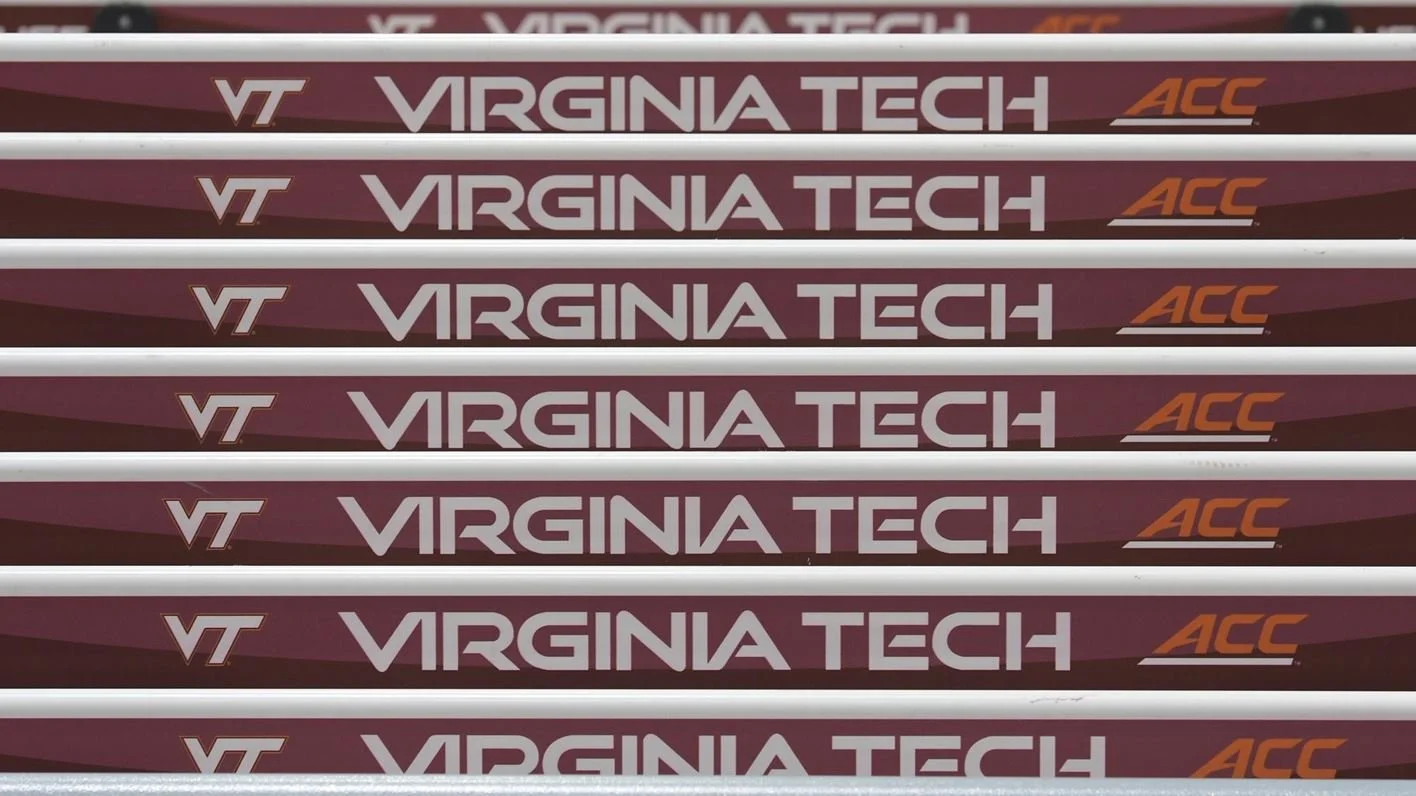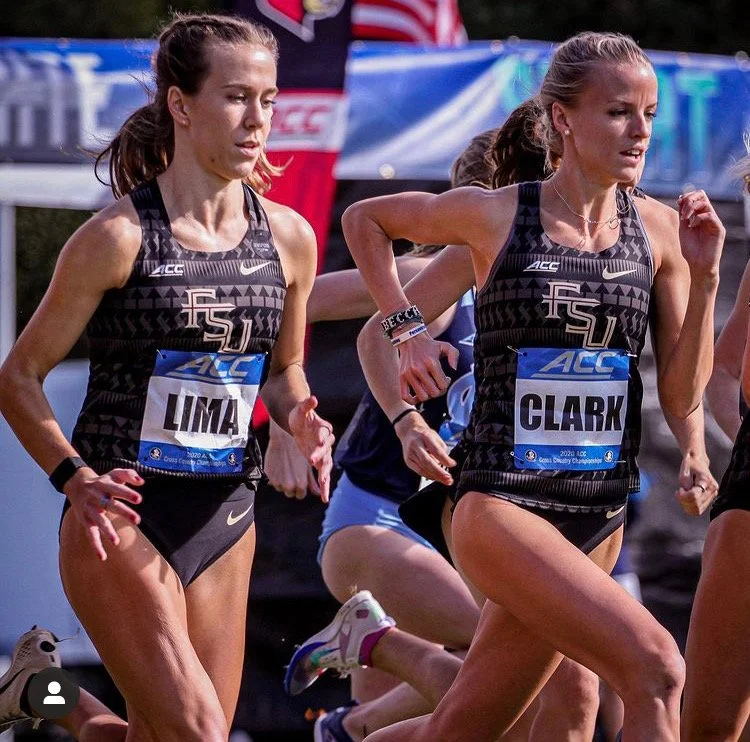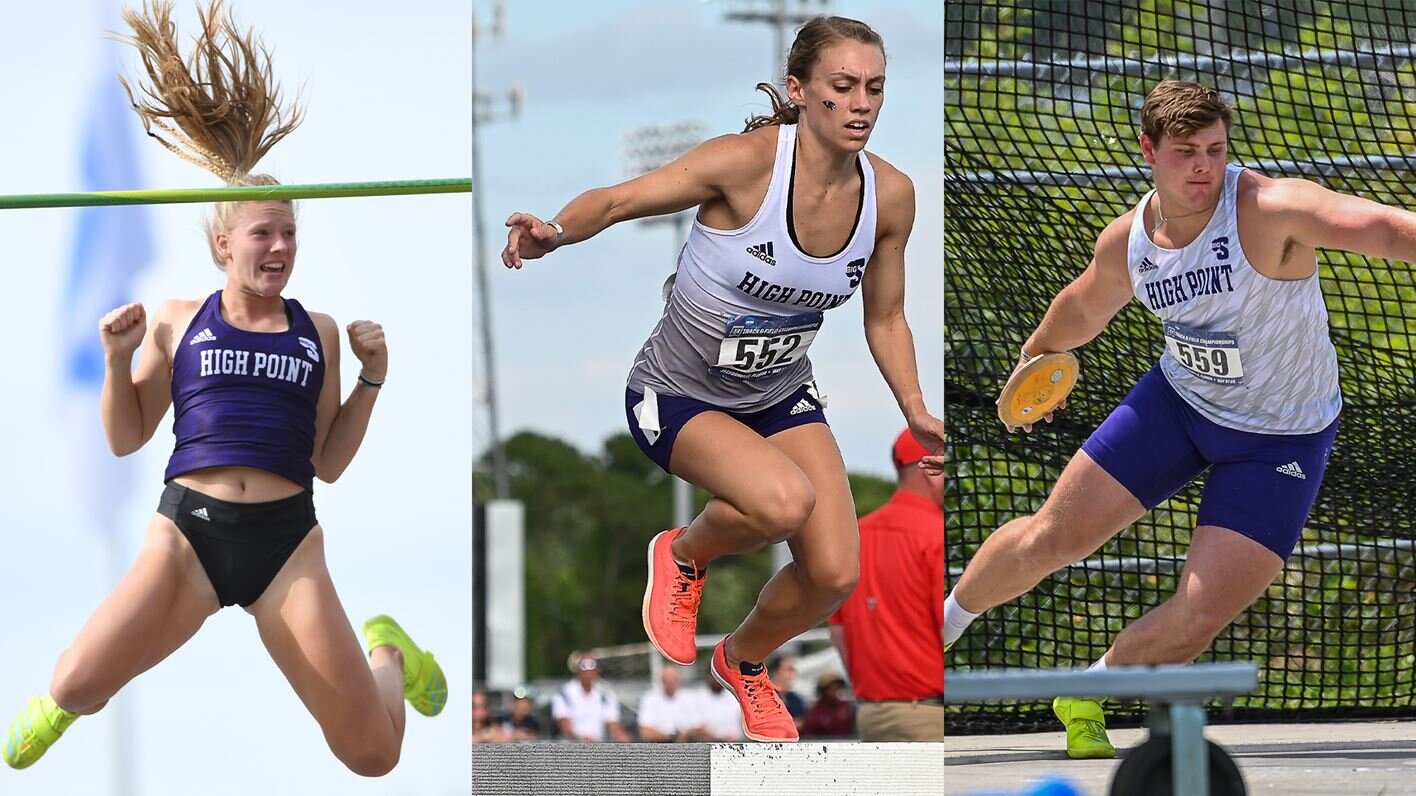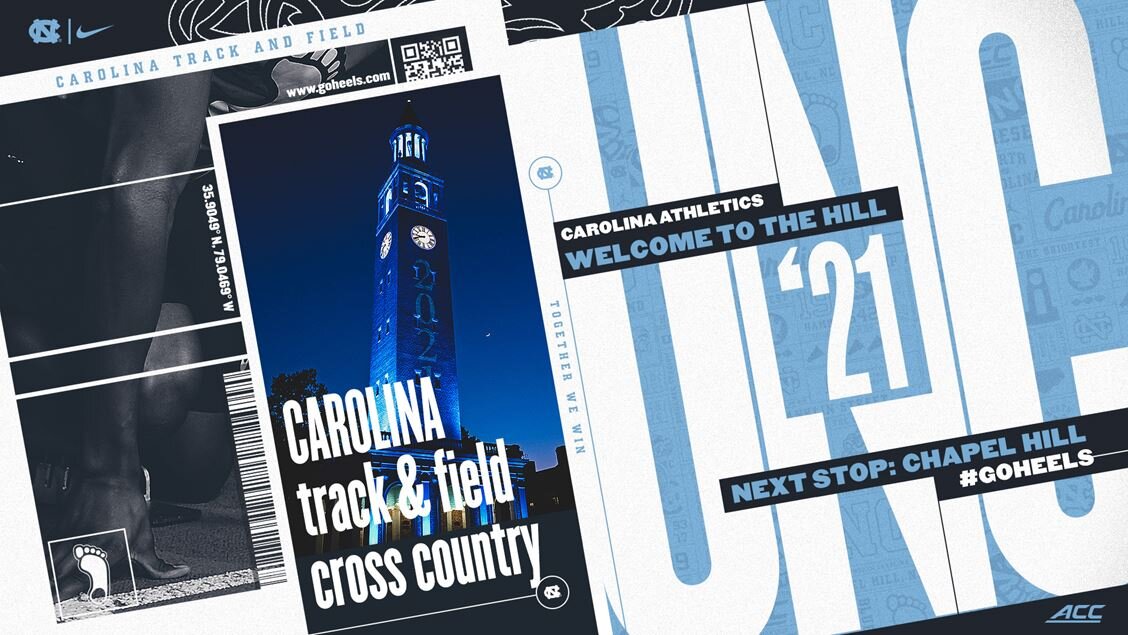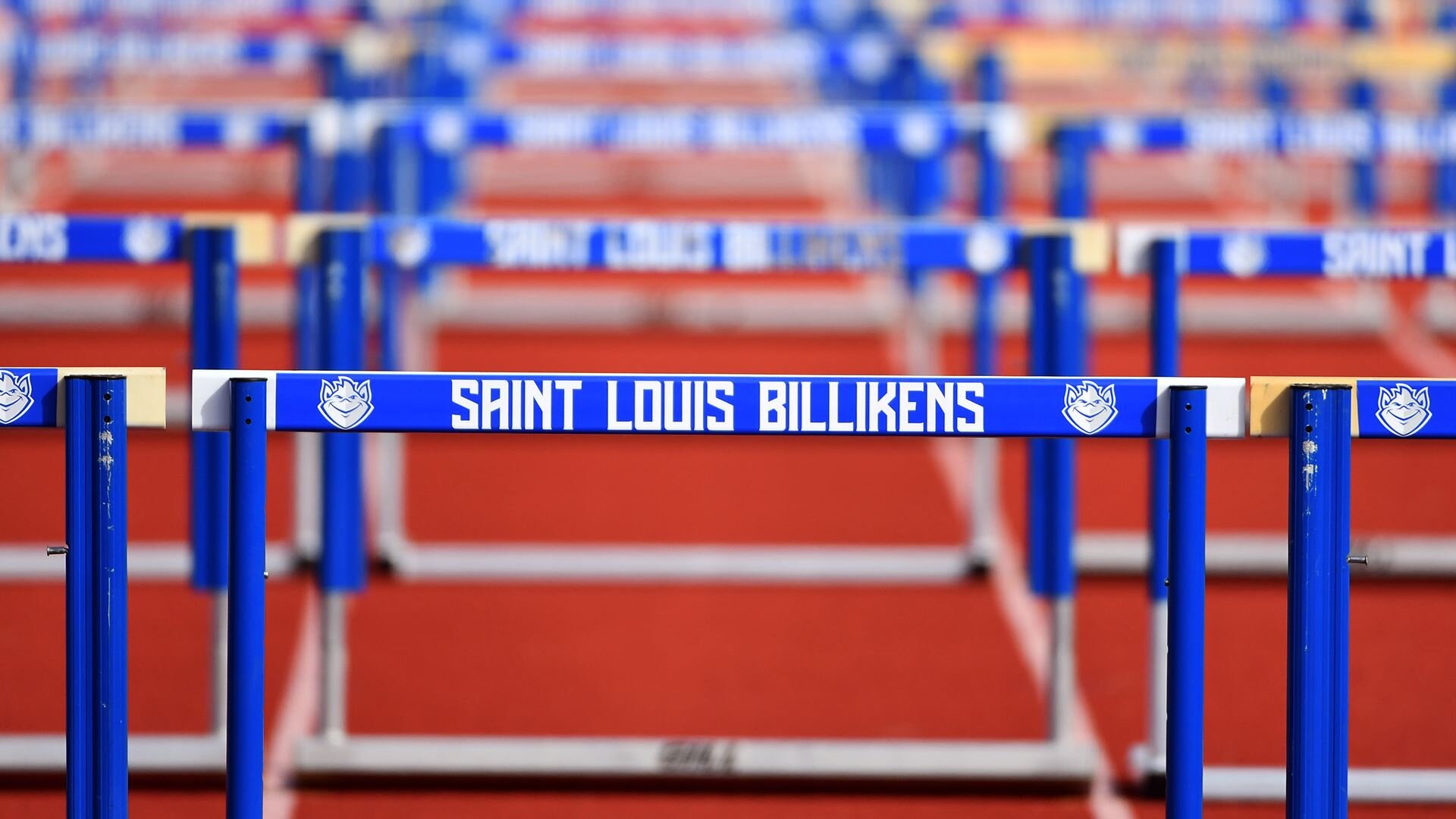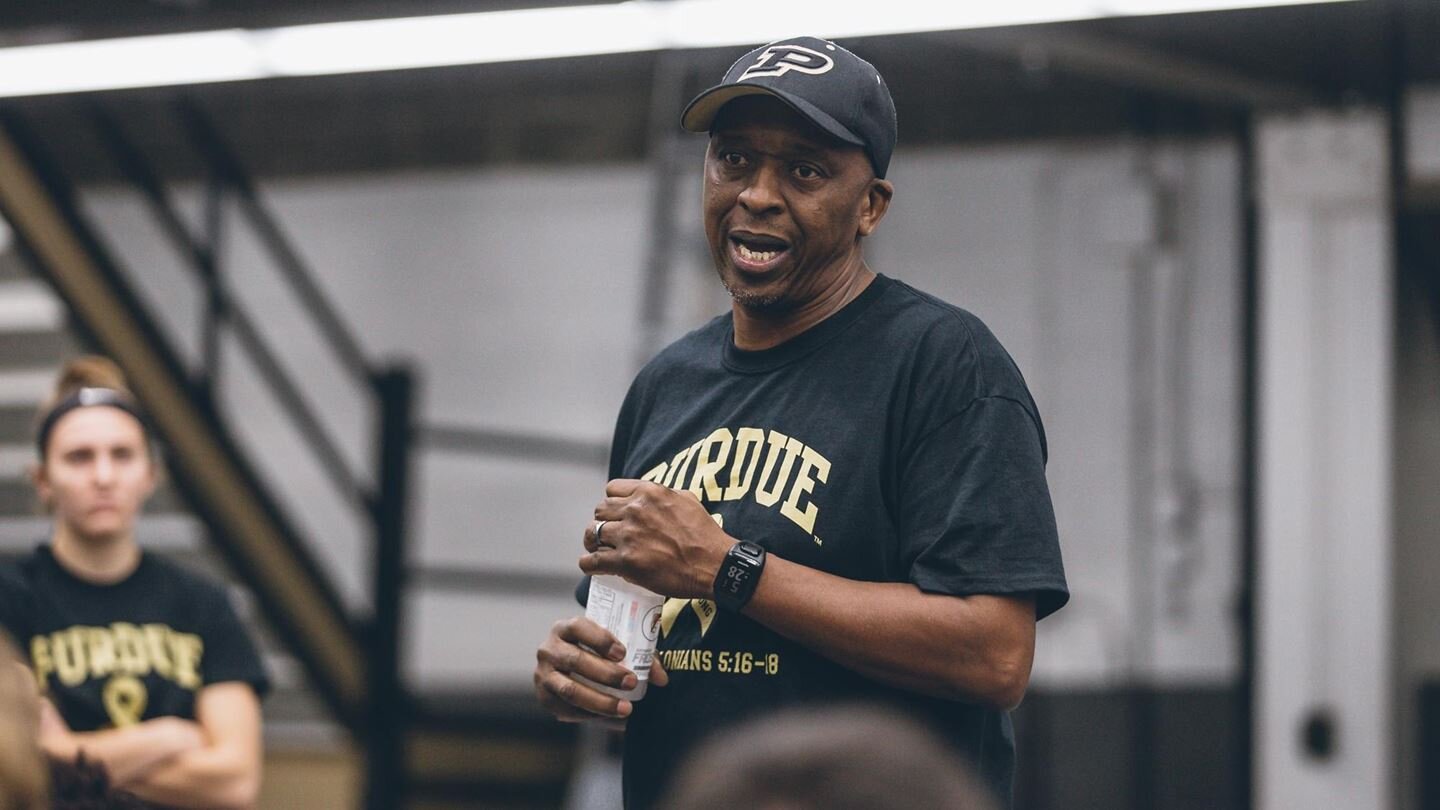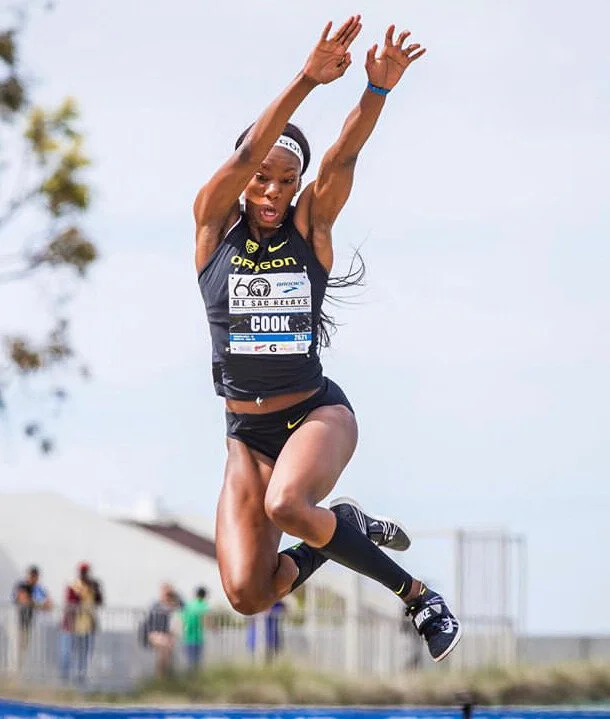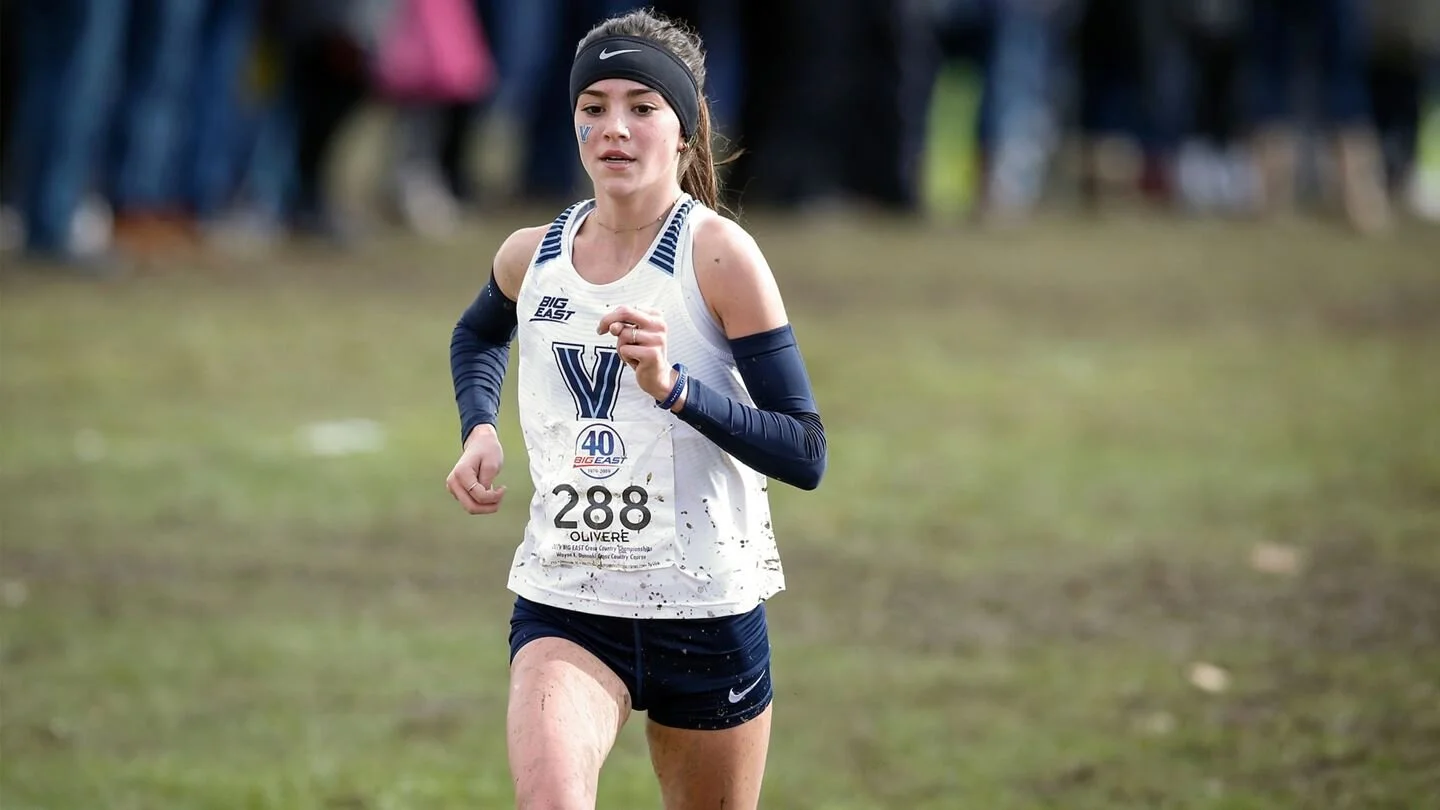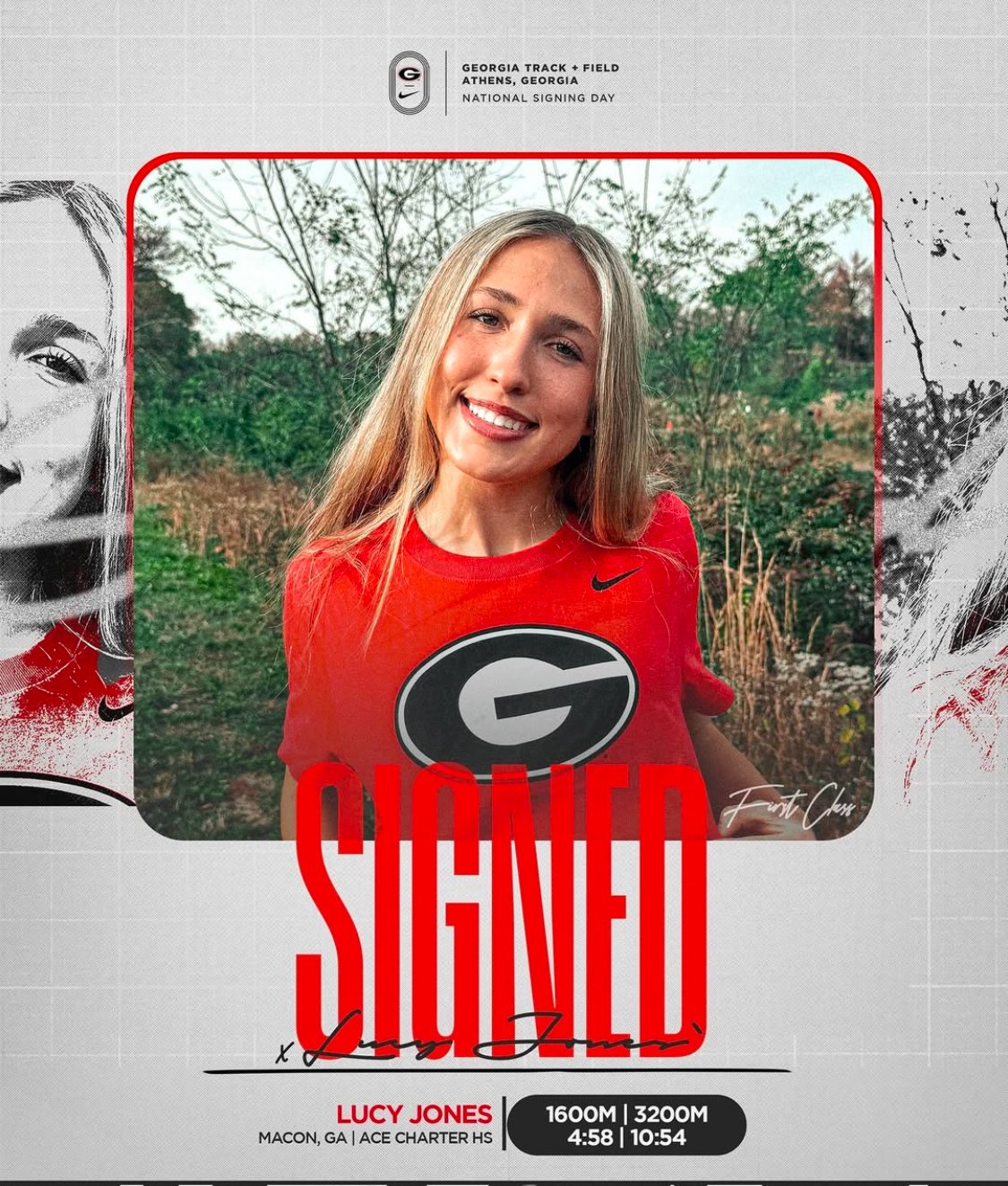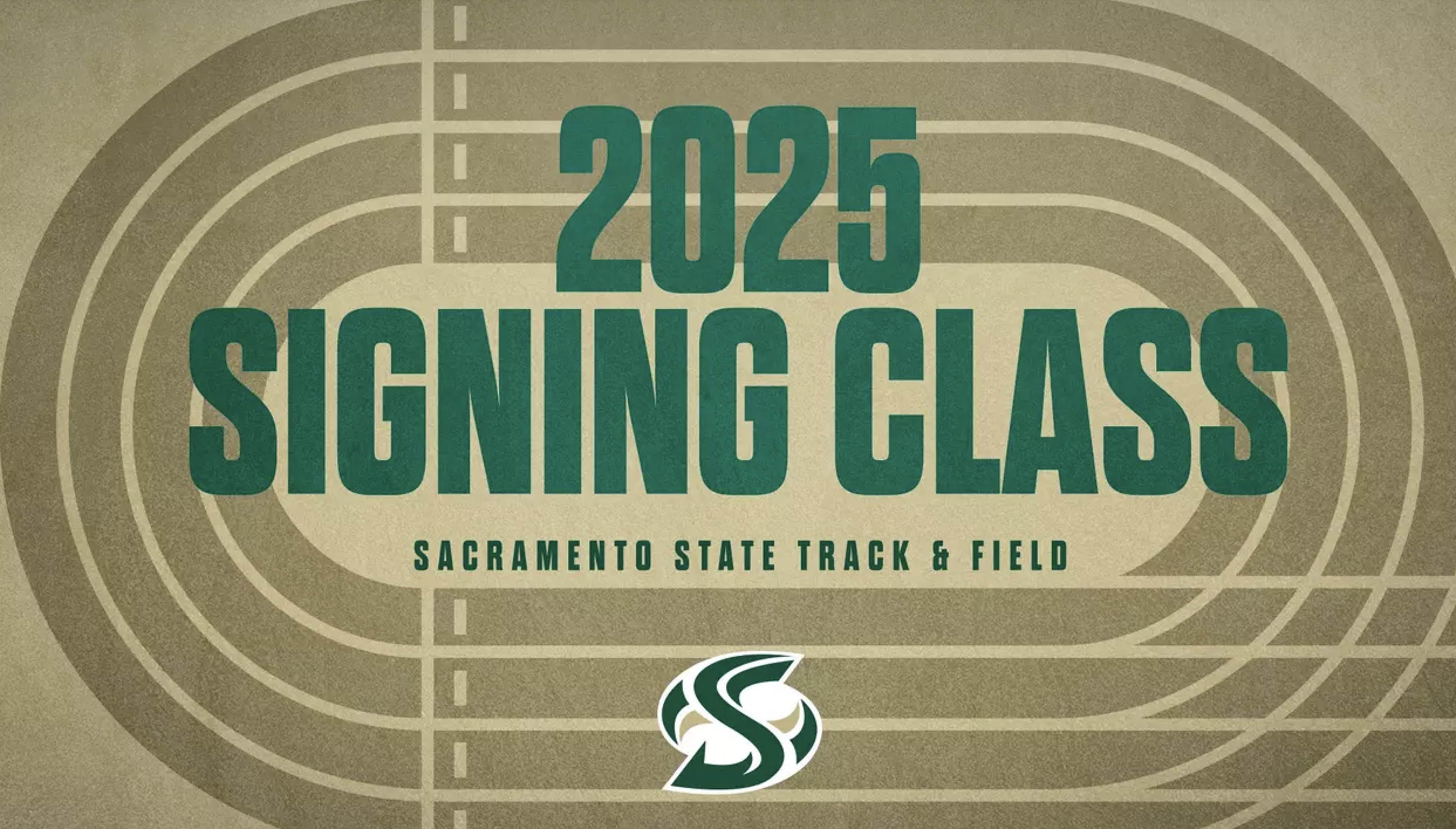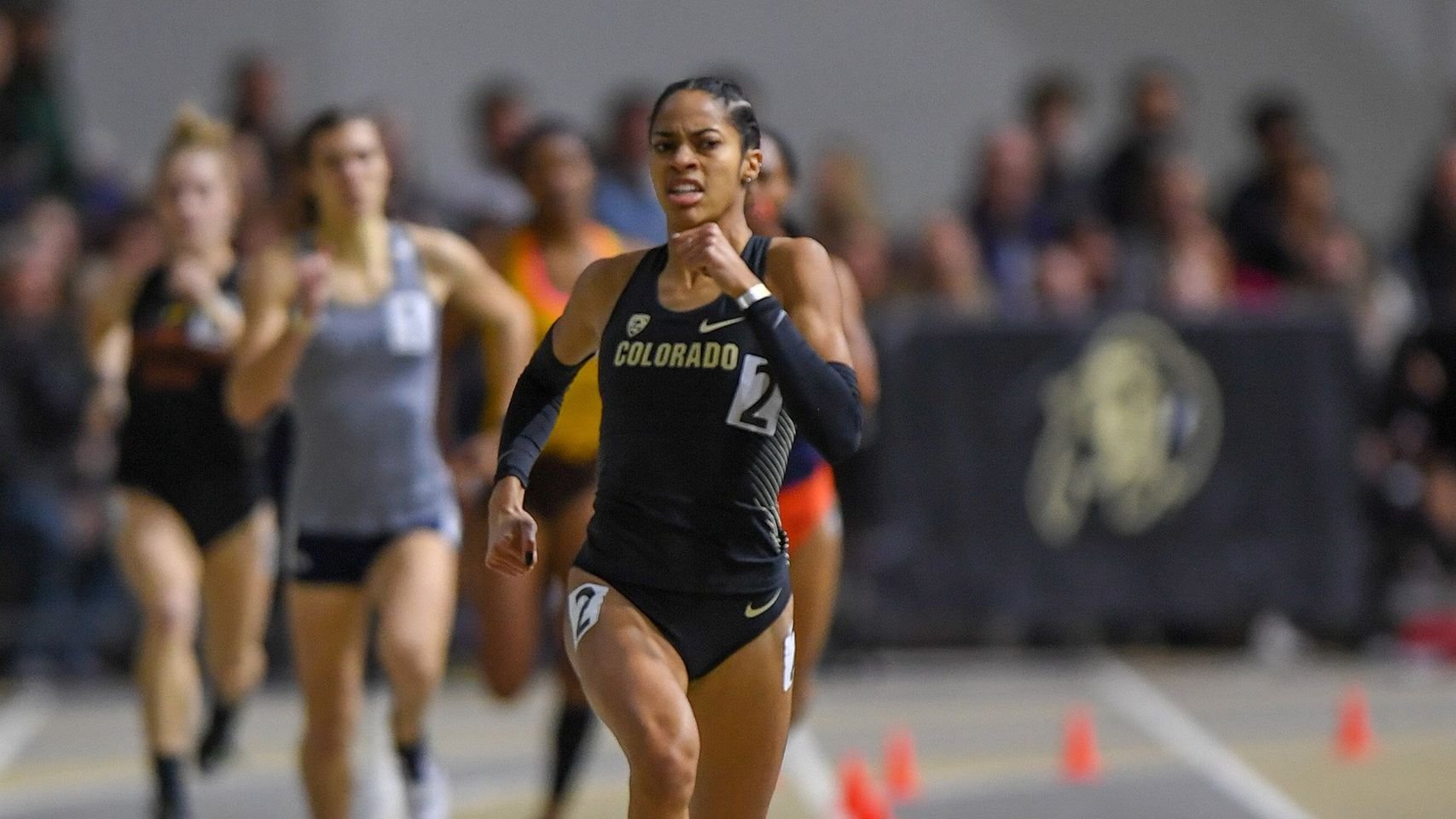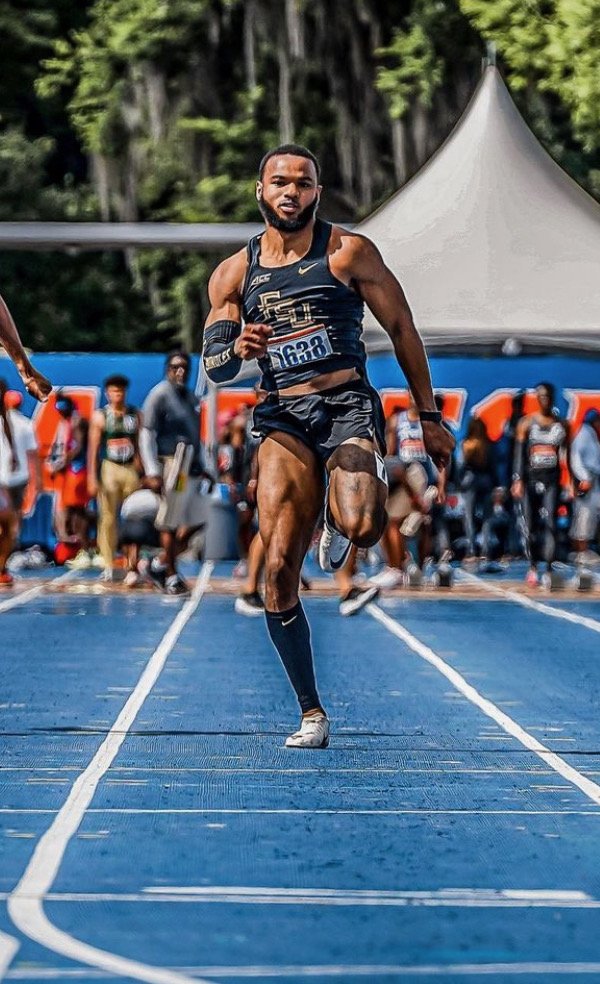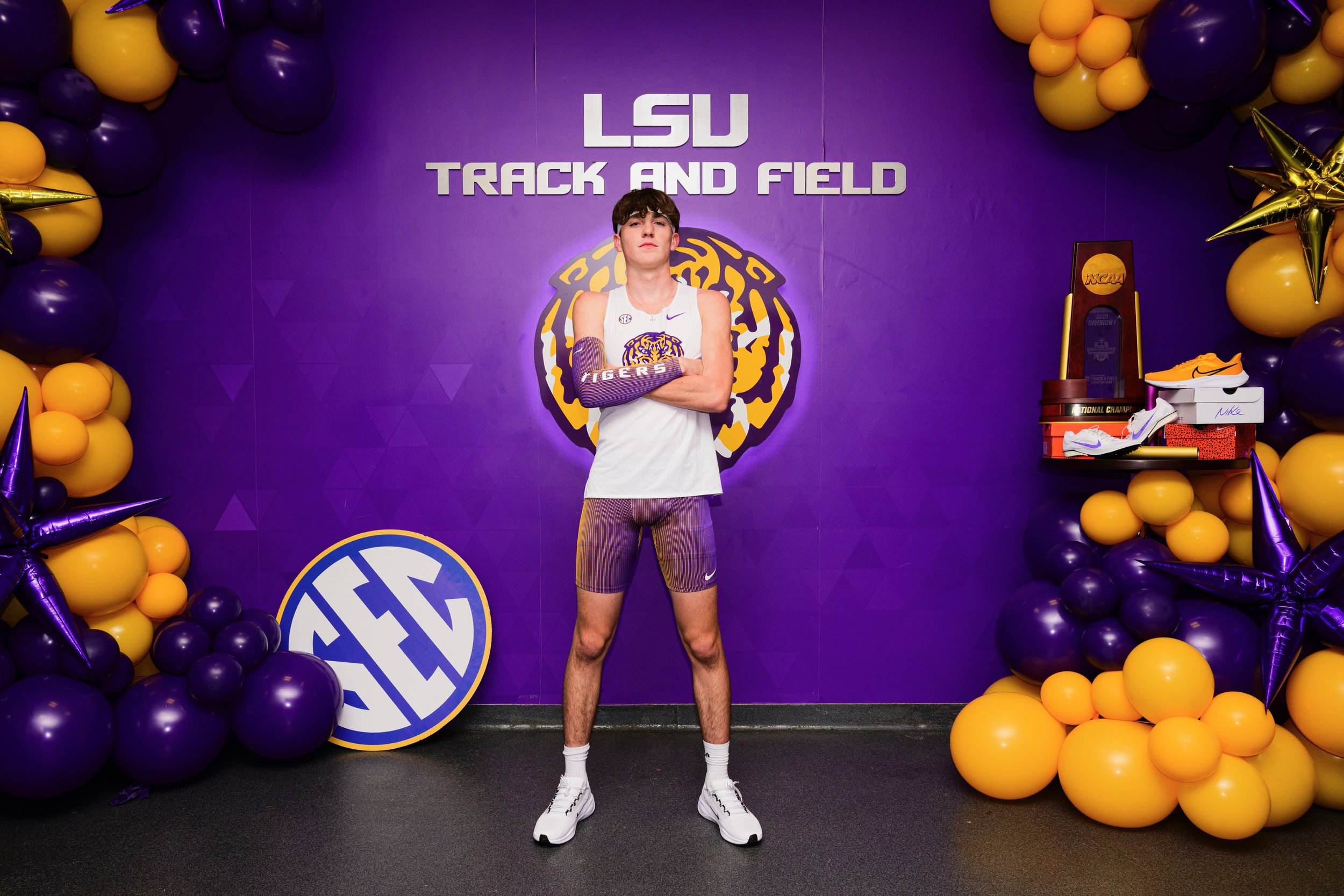
Track & Field Recruiting 101
At Fast Track Recruiting, we're dedicated to empowering high school student-athletes on their journey to college athletics. Our mission is simple: to help you find the perfect collegiate fit. With our extensive coaching contacts, recruiting experience, and in-depth knowledge of admissions and financial aid, we've helped countless recruits explore their options and take official visits to top schools nationwide.
In this free advice section, Recruiting 101, we share invaluable insights and expert tips to demystify the recruitment process. Whether you're just starting out or looking to refine your approach, our resources are here to support you every step of the way.
Get ready to level up your recruitment game with Fast Track Recruiting. Let's embark on this exciting journey together!
Track & Field Recruiting Advice
Discover expert tips and insights to navigate the competitive world of college athletics recruitment. With over thirty years of coaching experience, I'll help you stand out and make informed decisions, whether you're eyeing Power Five programs, Ivy League institutions, or other collegiate opportunities.
From expressing your interest to proactively reaching out to coaches, this guide will equip you with the tools you need to succeed. Let's dive in and unlock your potential in collegiate athletics!"
HELPFUL INDUSTRY INFORMATION
For Athletes
A NOTE FROM COACH WOOD
During my thirty-year college coaching career, I received numerous e-mails from talented student-athletes daily. How are you going to standout?
This is your opportunity to both express your interest in a specific program and create your personal narrative. This is your chance to let coaches know who you are. Identify your strengths and let coaches know why you are interested in their program.
I have had significant experience interacting with recruits of varying degrees of ability; from the number one ranked athlete in the USA to a high school cross country team’s seventh runner. There is a place for everyone, whether it be at a Power Five school, an Ivy League institution, an NCAA I mid-major or NCAA Division II / III and NAIA schools.
Over the course of my coaching career, I have identified a few basic principles that are applicable throughout the recruiting process, regardless of your level of ability.
The entire recruiting process can be underwhelming if you do not do your research. However, if you create a sound plan of attack it will be an amazing experience. You are actively running toward your dreams!
1.DETERMINE THE BEST FIT FOR YOU
During your freshmen and sophomore years create an expansive list of schools/programs that meet your specific needs and desires. Among factors to consider are affiliation level (NCAA I, II, III, NAIA, and JUCO), the competitiveness of the program, cost of attendance, quality of education, geographical location, intended academic major, enrollment size, public vs private, and other factors that matter to YOU.
Do not be mesmerized by the name of a school. See beyond the prowess of their football and basketball programs or their academic reputation. Make sure the school you choose meets your needs for reasons beyond it simply being cool to tell the world you will be running or studying at a particular school.
Remember, you have to live, study, train and compete there every day for four years. Many brilliant scholars and successful professionals have attended state schools with less than brilliant academic reputations. Additionally, many NCAA I mid-major athletes have claimed NCAA National Championships on the team and individual level.
In fact, at this year’s NCAA National Outdoor Track & Field Championships nearly 33% of the participants represented non-Power 5 schools – three were crowned NCAA National Champion and an additional 14 scored for their teams by placing in the top eight. Furthermore, US Olympian and World Championship Silver Medalist, Nick Symmonds competed at the NCAA III level while in college.
Plain and simple, choose a school that you would be happy at without track and field - just in case your athletic career does not go as planned.
The NCAA currently reports that over 1.5 million boys and girls participate in high school track & field and cross country. Of those 1.5 million participants, only 85,000-90,000 will compete in college, or approximately 4-7% depending upon event and gender. A large majority of that 4-7% will be asked to walk-on and not receive any athletic money.
As a result, it is imperative that you devise a plan of action early on in your high school career. You have worked too hard and sacrificed far too much to idly wait for the process to begin. Take control of your destiny in the same way you have your academic and athletic endeavors. The recruiting process will require the same such commitment from you.
Below are three factors to considering when searching for the college of your dreams.
2. TAKE CHARGE
Do not be passive. At the conclusion of your freshman year and throughout your sophomore year, start reaching out to college coaches from the schools on your list. In my personal dealings with high school student-athletes, I often heard prospects state that the schools on their list were comprised solely of programs that contacted them.
If a program you’re interested in does not reach out to you, reach out to them! You will be surprised at how effective personally reaching out will enhance your recruiting experience. There could be many factors why a school has not reached out to you – one being as simple as you not receiving the letter that was sent to your HS coach or guidance college – this happens more than imagined.
During the summer after your sophomore year and throughout the course of your junior year, take as many unofficial visits as possible. This will give you an opportunity to meet the coach in person, tour the college, check out the athletic facilities, and possibly meet current team members.
There is no limit on the number of unofficial visits that you can take – so take many!
During your senior year schedule and take all five allowable official visits. Your decision is far too important and impactful not to explore all possibilities. If the majority of your visits require extensive travel speak to the coaches about combining two visits into one trip to cut down on flights across the country, particularly if in-season.
3. COMMUNICATE EFFECTIVELY
Over the span of my thirty-year coaching career, I learned that communication is the most important element in reaching your goals. It is imperative that you learn to communicate openly and effectively with your parents, high school coach, and college coaches.
Ask your parents to help you create a series of questions to ask college coaches, begin to narrow your list of potential schools, and arrange the logistical aspects of visit coordination. However, you should be the primary voice writing the emails, taking the phone calls, and asking questions.
Clearly articulate your specific running goals to your high school coach. Ask them to create a sound developmental training plan that will allow you to fully actualize your athletic potential over the span of your high school career. Seek their advice on potential options for you to continue your athletic career based on their past experiences and ask them to email college coaches on your behalf.
HELPFUL INDUSTRY INFORMATION
For Parents
A NOTE FROM COACH WOOD
During my thirty-year college coaching career, I have had direct contact with approximately 10,000 cross country/track and field recruits. One of the most common remarks made to me by their parents was how challenging it is to navigate the recruiting process, particularly if it is your first time. Identifying the right school and program for your child presents an even greater challenge. The copious amounts of information you will receive from college coaches, other parents, former and current college athletes and the staff members at your high school will undoubtedly prove daunting. You have your work cut out for you, but if you start to logically piece together a plan of action you will be just fine.
I have had significant experience interacting with recruits of varying degrees of ability; from the number ranked athlete in the USA to a high school cross country team’s seventh runner. There is a place for everyone, whether it be at a power five school, an Ivy League institution, an NCAA I mid-major driven by revenue income generation for the university through increased enrollment or NCAA Division II / III and NAIA schools.
Over the course of my coaching career, I have identified a few basic principles that are applicable throughout the recruiting process, regardless of your child’s level of ability.
The entire recruiting process can be daunting if you do not do your research. However, if you create a sound plan of attack it will be an amazing experience. You are helping your child with a critical step in their lives– do it wisely!
1. THIS IS A BUSINESS.
You and your child are looking for the best deal possible. In turn, the coach who is recruiting you is looking for the very best athletes they can sign. Even in the sport of track and field, there is great pressure upon coaches to win.
Many college coaches have bonuses written into their contracts that pay an additional 15-50% of their annual income based solely upon performance. It is important to not lose sight of this fact, however, this endeavor is an oddly two-sided process. You have the business aspect on one side, but you also have a personal relationship between the coach and athlete on the other side of the equation.
The relationship in many ways will determine the success of this business endeavor. The relationship your child possesses with his coach will impact your child’s overall college experience and quality of their running career.
If at all possible, don’t simply settle for the money – there is too much at stake. Fight for the best deal that you are able to obtain, but don’t give away quality of life for the deal.
2. EMPOWER YOUR CHILD.
As a coach, one of the biggest red flags our staff identified during the early stages of the recruiting process was an overly involved parent. It is imperative that you have your child initiate all communication throughout the recruiting process.
Key areas for empowerment:
Emails to coaches: Do not send e-mails on their behalf – it lessens their viability. As a coach, I received far too many “I know they are my son/daughter, but they are truly amazing” letters and e-mails.
Speaking up: Make them speak even when they do not want to – they should answer the phone and ask the questions. You are not a screening service. If the coach is not important enough for you to speak with - eliminate that school from your shortlist.
Let them shine: On official or unofficial visits take a backseat to your child. Let them read from the list of questions you created together. Avoid speaking on their behalf or interjecting to clarify for them. Walk a couple of steps behind when touring the campus so they may converse directly to the coach or student host.
3. KNOW YOUR ROLE.
Although it is important to give your child independence and let them lead the way– guide them! Help them eliminate programs and schools to move forward in a logical direction to narrow down their options.
Review their correspondences to coaches to ensure that their intent matches their wording.
Help them weed through all of the hype of the recruiting pitches they will hear. In track and field, every program will sell themselves as up and coming – most aren’t!
Do your research and try to determine if team members are quitting if they have an alarming number of injuries if there is truly a positive trajectory toward improvement.
A High School Runner´s Guide To Getting Started
Chaski Endurance Masterclass
GET YOUR FREE ASSESSMENT TODAY!
GET YOUR FREE ASSESSMENT TODAY!
College Visits
College visits play an important part when it comes to deciding where you want to study and practice your sport. Read more about official and unoffical visits alike.
QUESTIONS TO ASK
-
How much time is required to commute back and forth to and from training sites?
When does the track team actually have access to the facility they are showing you - particularly shared indoor turf fields that the football team also uses?
How often do you run from campus and how often do you travel to trails?
-
Is there an athletic trainer assigned specifically to the team?
Do you have access to the training room on the weekends, even after early Sunday morning long runs?
What type of preventive measures are used - ice baths, NormaTec, etc?
Does the school have easy access to an Altra G and/or an underwater treadmill?
Do they offer adequate support with physical therapists, chiropractors, and massage therapists?
-
Are study hall hours required of all student-athletes?
What type of access is there to tutors?
What type of walk-in support is provided?
Do athletes get preferential treatment when enrolling for classes?
-
What time of the day do you practice?
Is there an athletic trainer on-site during practice?
Are nutritional needs adequately addressed on-site - water and post-workout recovery foods/drinks?
-
How many training shoes will you receive throughout the course of the year?
How often are spikes replaced?
What will your training kit consist of?
Will you receive adequate warm/cold weather and rain gear?
-
Who goes?
What criteria are used to determine travel squads?
Are there alternative meets if you don't make the travel team?
-
Is there a full-time staff member in the area of professional development specifically within the athletic department?
How supportive are the alumni in helping athletes find internships?
Will someone assist you in creating a resume and letter of application?
What are they doing to assist you with finding a job upon graduation?
-
What does a typical Saturday night consist of?
Does the team party and drink?
Do team members live together?
Where does the majority of the team live - residence halls or off-campus?
What is the food like - are there adequate healthy food options?
OFFICIAL VISITS
Questions To Ask As Student-Athletes
A NOTE FROM COACH WOOD
Your official visits will determine where you attend school and which team you compete for. According to NCAA regulations, you are allowed only five official visit opportunities, so you will want to make the most of your time spent on each campus.
Official visits are the single most effective way to learn as much as you can about the schools and programs you are considering.
Each school you visit will have their own specific methods of introducing you to their programs. Some schools fully utilize the 48-hour allowable timeframe while others feel it is more effective to end the visit after 24 hours. Some schools will have you attend an official admissions campus tour while others will have their student-athletes show you around. Regardless of the specific agenda for your visit, you can expect the same basic itinerary- tour the campus and athletic facilities, meet the team, speak with the coaches, and explore the community.
Make no mistake, coaches view your official visit as one of the most important elements of your recruitment. You will be shown the most impressive buildings, eat at the best spots, stay in one of the nicer dorm rooms or hotels, and be told repeatedly how wonderful the campus and program are. This is the coach's job and you can be assured they will put their best foot forward. It is your job to see beyond the tree-lined quad and smiling faces and determine if this school and program is the best fit for you.
The areas where I encourage you to take a closer look will impact your quality of life as a student-athlete. Beyond speaking to the coaches about training methodologies, program philosophy, and goals of the program learn as much as you are able from the current-student athletes.
To do so, I suggest preparing a series of questions that you can ask off the cuff. Ask current team members questions in an informal manner when eating dinner, on your way to a movie, or while on a run. Create a specific list of questions based on what is most important to you.
Remember, you are using your official visits to determine where you will study and run for the next four years. Use this limited time wisely. It is important to understand that the coaching staff and team members are evaluating you as well. Enjoy yourself and get to know as many people as you can, knowing that when you leave campus the coach will ask the team about their perceptions of you.
Leave a positive impression, and remember do not be afraid to ask questions!
UNOFFICIAL VISITS
How To Use Unofficial Visits To Your Advantage
QUESTIONS TO ASK
-
How much time is required to commute back and forth to and from training sites?
When does the track team actually have access to the facility they are showing you - particularly shared indoor turf fields that the football team also uses?
How often do you run from campus and how often do you travel to trails?
-
Is there an athletic trainer assigned specifically to the team?
Do you have access to the training room on the weekends, even after early Sunday morning long runs?
What type of preventive measures are used - ice baths, NormaTec, etc?
Does the school have easy access to an Altra G and/or an underwater treadmill?
Do they offer adequate support with physical therapists, chiropractors, and massage therapists?
-
Are study hall hours required of all student-athletes?
What type of access is there to tutors?
What type of walk-in support is provided?
Do athletes get preferential treatment when enrolling for classes?
-
What time of the day do you practice?
Is there an athletic trainer on-site during practice?
Are nutritional needs adequately addressed on-site - water and post-workout recovery foods/drinks?
-
How many training shoes will you receive throughout the course of the year?
How often are spikes replaced?
What will your training kit consist of?
Will you receive adequate warm/cold weather and rain gear?
-
Who goes?
What criteria are used to determine travel squads?
Are there alternative meets if you don't make the travel team?
-
Is there a full-time staff member in the area of professional development specifically within the athletic department?
How supportive are the alumni in helping athletes find internships?
Will someone assist you in creating a resume and letter of application?
What are they doing to assist you with finding a job upon graduation?
-
What does a typical Saturday night consist of?
Does the team party and drink?
Do team members live together?
Where does the majority of the team live - residence halls or off-campus?
What is the food like - are there adequate healthy food options?
A NOTE FROM COACH WOOD
The NCAA defines an unofficial visit as any visit to a college campus paid for by you or your parents. The NCAA permits an unlimited number of unofficial visits throughout the recruiting process. The only restriction placed on unofficial visits is during an NCAA "Dead Period."
During a Dead Period, a college coach may not have any in-person contact with you or your parents, on or off campus. Be sure to double-check the NCAA Recruiting Calendar before making travel arrangements to ensure that you are able to meet with the coaching staff.
Do not assume the coach will automatically know dead period dates off the top of their head -- do your research. (NAIA institutions place no restrictions on unofficial visits.) A copy of the NCAA 2017-2018 Recruiting Calendar may be found here.
Because prospective student-athletes are starting the recruiting process much earlier, the NCAA has passed new legislation that will make the coordination of your unofficial visit significantly easier.
SEE - NCAA BYLAW: 13.1.3.3.2 UNOFFICIAL-VISIT EXCEPTION
Institutional staff members may make unlimited telephone calls to a prospective student-athlete (or those individuals accompanying him or her) beginning the day immediately preceding the prospective student-athletes unofficial visit (per Bylaw 13.7) until the conclusion of the visit. If more than the otherwise permissible number of calls or otherwise impermissible calls occur under this exception and a scheduled unofficial visit is canceled due to circumstances beyond the control of the prospective student-athlete or the institution (e.g., trip is canceled by the prospective student-athlete, inclement weather conditions), such calls shall not be considered institutional violations. However, the institution shall submit a report to the conference office noting the cancellation of the unofficial visit and the reasons for such cancellation.
As of August 1, 2017, it is now permissible for NCAA coaches to call, text, or email a recruit the day prior to their visit, even if that is not normally allowed. This legislative change will benefit freshmen, sophomores, and rising juniors who would not have previously been permitted to communicate with coaches unless they initiated the contact themselves.
For example, coaches are now able to send you an itinerary the day before your scheduled unofficial visit, text you directions if you are having trouble finding their office, or give you a call to let you know that they will meet you after the tour in a specific locale. Such communication was not permissible before.
During an unofficial visit, it is typical for a coach to give you a tour of their athletic facilities, talk to you and your parents about their institution, and highlight their program. In addition to this athlete-specific portion of the visit, I advise scheduling a formal campus tour through the admissions office to view the school from a non-athletic perspective.
Email the coach well ahead of time to let them know the specific date that you will be visiting their campus and your desire to meet with them. Provide the coach with a couple of times you are able to meet -- usually before or after the campus tour. I suggest starting unofficial visits at the completion of your sophomore year.
Unofficial visits can help in two primary ways. For a recruited athlete, unofficial visits are critical in gathering information as you begin to narrow down your choices. For a non-recruited athlete, unofficial visits allow you the opportunity to have a face-to-face meeting with the coach to tell your story.
If you are a recruited athlete, use this time to learn as much as you can about the program and coaching staff. Identify the factors that will be most important to you in determining if you will return for an official visit. Have a short list of specific questions ready that address your most critical factors. You should view unofficial visits as a means to narrow your choices -- not as a mechanism to determine where you want to go. Keep in mind that during an unofficial visit you are typically only hearing the voice of the coach. Coaches are well versed in knowing what to say and how best to sell their programs. The official visit will prove much more informative.
If you are a non-recruited athlete, the unofficial visit serves an entirely different purpose. Use this time to sell yourself. You have a limited amount of time to convince the coach that you are more than your current PR's. Give them a reason to want to recruit you. Instead of asking a detailed list of questions, use this time to express your keen interest in their program and desire to run competitively in college. Be as low-maintenance as possible.
There is no imposed limit on the number of unofficial visits you may take, so take as many as possible. There is no better tool to help you hone in on the best school/program for you.
Recruiting
Do´s & Don´t´s
Here are a few useful tips that will help you navigate the recruiting process successfully.
DO keep detailed notes throughout the entire recruiting process as you will forget certain aspects of schools/programs. It was not uncommon for recruits of mine to videotape and take photos of our facilities and campus to help them remember their visit.
DO NOT close your initial email to a coach with, "I am confident that I can contribute greatly to your program" if you are not yet performing at a level close to the team's current athletes. I recall reading that type of closing comment and thinking to myself, "how?" It led me to believe that the prospect did not really understand much about our program. Instead say "With hard work and your coaching, I am confident that I can develop into a runner capable of helping your program over the span of my college career." The latter statement shows them that you understand how much work will be required to succeed at the collegiate level and will convey your confidence in the coach's ability to help you.
DO carefully proofread every email before hitting send. I cannot tell you how many emails I received from recruits specifically addressed to a rival coach expressing their interest in a rival school. A great deal of communication in the early phases of the recruiting process is going to be cut and paste on both sides, however, making a simple mistake can dehumanize the process and render the remainder of your communication less credible. It may also be helpful to send a couple of test emails to yourself first to ensure that the font or text sizes have not changed where you have cut and pasted new names.
DO NOT tell coaches "you are among my top choices". Everyone knows that both athletes and coaches have many options -- there is no need to state it. Simply say, "I am extremely interested in your program." It is far more personal and establishes a more positive relationship. Make every effort possible to prevent this process from becoming generic - subtle word changes can make the entire process seem more personal to the coach. This is important as they will be deciding how much money to offer you or if they will give you an admission's spot.
DO your homework! Never be surprised by your visit. Have a keen understanding of the unique strengths of each school. It will go along way with the coaching staff if it appears you know a great deal about their specific school and program. Have a solid understanding of where they rank athletically and academically, what their unique strengths are and how they compare to the other schools you are considering. On occasion, I would literally have prospects in my office tell me that they were really interested in State U or Academic U but they knew they could not get into that school or run for their team. It would dumbfound me as we had a lower acceptance rate and were significantly better athletically. Know who and where you are visiting.
DO NOT ask a coach if they plan on staying. It is a question that is so often asked and has no real purpose. Every coach will say yes, they have to. Coaching is a profession and coaches will make decisions based on what is best for their families and themselves. It is imperative to choose a school where you will be happy outside of track and field/cross country.
DO track program trajectory - not every program is up and coming though many claims to be. Determine if athletes in a particular program are improving over the course of four years. Specifically, look for when an individual's PR's were set. Peruse program websites to determine how many juniors and seniors are still on the roster to discern if team members are quitting. If there are a disproportionate number of FR and SO on the roster, find out why to determine if there is high-level program dissatisfaction or an alarming injury rate.
DO NOT embarrass yourself on social media. This topic has been beaten to death and hopefully does not require elaboration. Plain and simple, do not give coaches a reason to question your character or lifestyle.
DO be easily found on social media. Many coaches use your personal pages as a means of reaching out initially. Remember, most coaches are a step or two behind you and your friends in terms of being social media savvy, so leave a trail for them. Beyond Instagram and Twitter consider keeping your Facebook account -- coaches tend to look there first.
DO NOT approach this process passively. Be aggressive in your outreach and email every program that you are interested in, regardless of the perceived reach. It is up to you to not only create a compelling story but also be able to tell it. Be your own greatest advocate and take charge of your future. Consider this one of the most important competitions of your high school career and prepare accordingly! The recruiting process can be daunting. There are so many unknowns, however, if you get started early, put in the work, and take an active role you will find the right fit.
GET YOUR FREE ASSESSMENT TODAY!
GET YOUR FREE ASSESSMENT TODAY!
The Recruiting Standards blog contains recruting advice.
GET YOUR FREE ASSESSMENT TODAY!
GET YOUR FREE ASSESSMENT TODAY!
The Inside the Huddle blog gives the latest news about our track and field recruiting.
GET YOUR FREE ASSESSMENT TODAY!
GET YOUR FREE ASSESSMENT TODAY!

